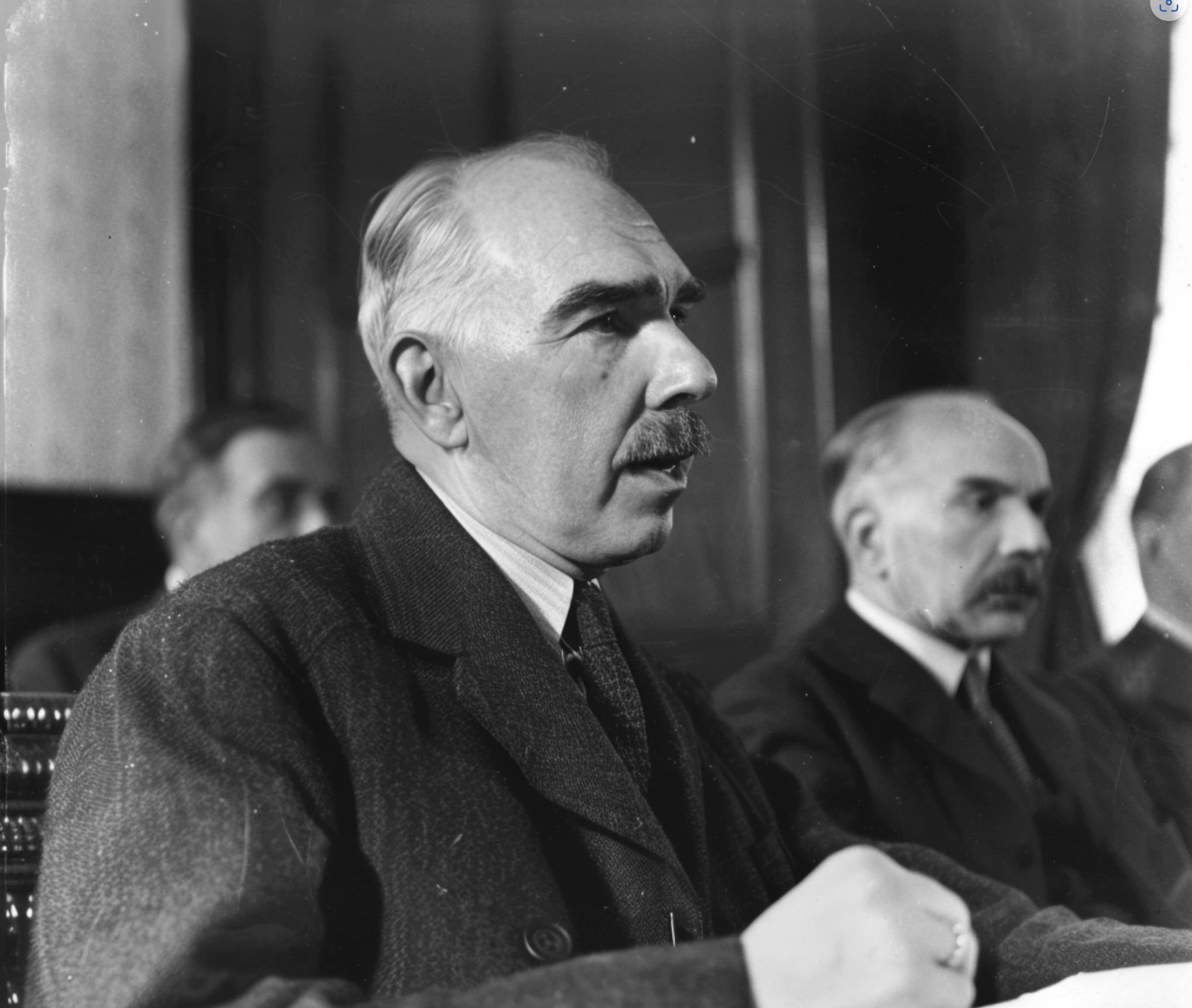Keynes VSI
about
vsi
reading
llm
Economists should strive to be as useful as dentists.
There has to be a return to an economics that allows room for important observations of economic behaviour which cannot be expressed in maths. (p168)
Keynes
- p43: statistics needs stable parameters
- p44: introspection not experience
- p50: justice as certainty
- p64: in the long-run we’re all dead
- p129: Post-Keynes change from a goal of full employment (in 1930s) to full growth, for which theory not suited (at full e stimulation leads to inflation); geo-politics of 1960s US wanted to win ideological war with USSR
- p144: markets or politicians, which is greater source of uncertainty?!
- p145: are economists as “useful as dentists”?
- p168: RS concludes “A greater role for government requires the intellectual rehabilitation of the states as a potentially rational economic actor”. Theories a reaction to economics of his times and desire to provide policy advice.
Much work on money’s impact on the real economy, desire to hold money, balancing savings and investments.
Chronology (GPT)
- 1883-06-05: Birth of John Maynard Keynes in Cambridge, England.
- 1897: Keynes begins attending Eton College.
- 1902: Keynes receives a scholarship to King’s College, Cambridge.
- 1905: Graduates from Cambridge with a degree in mathematics.
- 1906: Joins the British Civil Service, working in the India Office.
- 1908: Returns to Cambridge to work on probability theory, begins a career as an economist.
- 1911: Becomes editor of the Economic Journal.
- 1914-1918: World War I. Keynes serves in the Treasury, working on financial policy.
- 1919: Publication of “The Economic Consequences of the Peace,” criticizing the Treaty of Versailles.
- 1921: Publication of “A Treatise on Probability.”
- 1923: Publishes “A Tract on Monetary Reform.”
- 1925: Marries Lydia Lopokova, a Russian ballet dancer.
- 1926: Attends the Liberal Summer School at Cambridge.
- 1930: Publishes “A Treatise on Money.”
- 1931-1939: The Great Depression, affecting economies worldwide.
- 1936: Publication of “The General Theory of Employment, Interest and Money,” his magnum opus.
- 1937: Keynes suffers a heart attack, which significantly impacts his health.
- 1940-1945: World War II. Keynes plays a role in the financial arrangements of the UK during the war.
- 1942: Keynes is awarded a hereditary peerage by King George VI, becoming Baron Keynes of Tilton.
- 1944: Plays a significant role in the Bretton Woods Conference, leading to the creation of the International Monetary Fund and the World Bank.
- 1946-04-21: Death of John Maynard Keynes in Firle, Sussex, England.
Deets
- Robert Skidelsky
- Volume 248
- Published 2010
